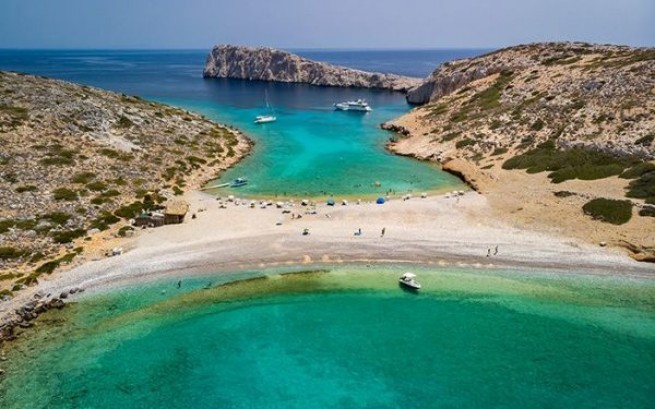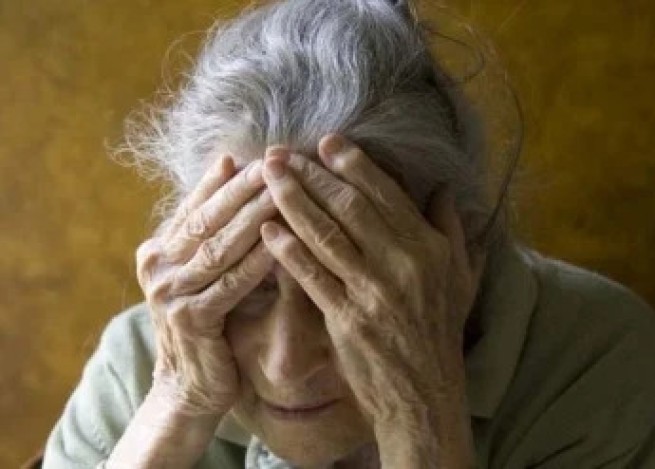Economic stability and security, a fair and friendly society, and strong democratic institutions are perceived by young people in Greece as the cornerstones of a quality life and a prosperous future.
These results, among other things, come from the Next Generation study conducted by the Allianz Foundation in Greece, Germany, Italy, Poland and the UK.
To sum up, young people in all countries share a deep sense of anxiety about the future: 8 out of 10 openly wonder Should their generation have children?as they expect societies to become less sustainable in the coming years.
Like survey respondents from other countries, young Greeks are concerned about the future of their country, while 66% pessimistic evaluate it and demonstrate it lack of trust in the establishment and the institution of politics as a whole. “Young people in Greece share similar attitudes and beliefs with young people in the other four countries,” commented Dr. Simon Morris-Lange, Head of Research at the Allianz Foundation.
“Most young people feel their societies are becoming less equal, less safe and more divided. Almost three out of four respondents completely agree thatA strong welfare state and an independent judiciary must form the basis of a future society, and they place a high priority on strengthening democracy. In addition, young Greeks are concerned about fake news and media manipulation, as well as the “erosion of the justice system,” he concludes.

Young people in Greece are more determined than young people living in other countries.
The Greeks place special emphasis on child-friendliness (the development of a preschool education system), high-paying job opportunities, and the country’s sustainable economic growth as essential components of daily life and the financial viability of a young family. They also believe that environmentally friendly climate and low levels of inequality very important to the future they want to live in.
In addition, as ot.gr notes, young people in Greece have very low levels of trust in government and the media, and only a third (as opposed to an average of 45%) believe that their government will take a leading role in decisions social and environmental problems. This belief has led many young people to participate in protests to a greater extent than in other countries surveyed.
On top of this, 38% show very high distrust of politicians (compared to the national average of 20%) and an impressive 58% are completely convinced that state media promote and serve the interests of “big brother”, rather than record and present facts.
In addition, young Greeks appear to be proactive in addressing social and labor issues, with a higher percentage than their peers in the rest of the world taking individual actions such as adjusting energy use or consumption, advocating for labor issues (58% vs. 44% on average) or even choose and change jobs for ethical reasons (37% vs. 22% on average).
Donating money or goods (78%) and boycotting socially and environmentally irresponsible products (54%) also occur more regularly in Greece than in the entire sample (63% and 45% respectively).
In conclusion, the answer to the question of whether young people are truly “shapers of tomorrow” is potentially yes. Young people are demanding that civil society and its public and private funders take their concerns and obstacles more seriously than is the case today.







More Stories
Life on wheels
Zombie cells that cause aging: scientists are looking for a way to destroy them
Found a wild bear cub "shelter" in the backyard of a residential building